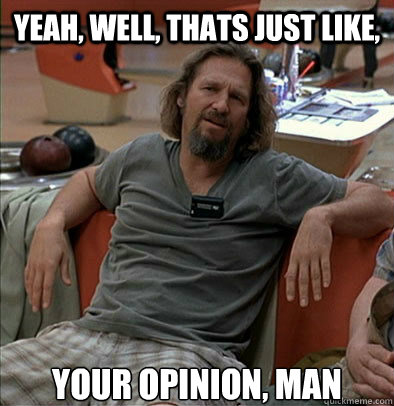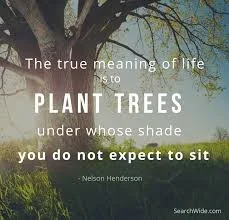John K
Donor
- MBTI
- INFJ
- Enneagram
- 5W4 549
As far as I can see, the question cannot be addressed unless it's given a context, and the approach to exploring an answer will be different according to that context. From a domestic cat's point of view human purpose is food, shelter, companionship - but cats appear to be incapable of conceptualising these things, so they just manifest this rather than express it.What I want to do here is identify different approaches to the subject of human purpose. I've thought a lot about this and I wouldn't even call myself an Existentialist anymore. I don't think that you create your own purpose. I think it's given by the prime-mover, the prime-cause, what have you.
I wonder, is purpose an artifice of human psychology, or is it something intrinsic to the world in which we find ourselves? Is human purpose something given from without, and independent of our existence, or is it something we invent for ourselves? If it comes from a creator, or from as yet unknown laws of nature, then our most fundamental purpose is a matter of discovery and revelation; if we invent it for ourselves than it's a matter of inspiration, ingenuity, experiment, dialectic - conflict even - and most likely there is a Darwinian process that determines what evolves and is accepted at any one time.
Personally, I find the idea of purpose being given, not invented, as far more interesting than the alternative. With it comes the question of whether existence has a purpose independently of human beings and whether this is true at every time and every scale of the world's being. I prefer to find my own purpose as a sequence of notes within a grand symphony of creation, a unity of everything that there is, rather than as a brief burst of arbitrary static within a dark swamp or eaons old universal meaninglessness. It's not just wishful thinking, because my intuition burns with a fierce 'rightness' on this - but that's not to say it's true, just that it feels far more likely to be true.


